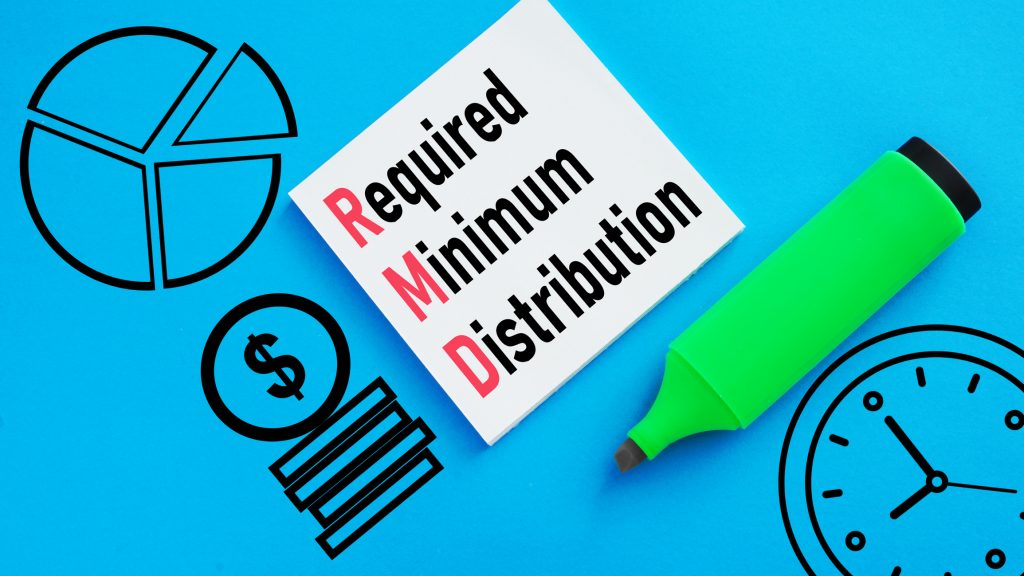Social Security has been a lifeline for millions of people for nearly nine decades and continues to evolve. In 2025, several big changes are on the horizon that you need to watch. Some of these updates could pad your wallet, while others might take a bigger bite out of your income.
Whether you’re collecting benefits or still working and planning for retirement, here are two updates to know about before the new year rolls around.

Image source: Getty Images.
1. Social Security beneficiaries will get a 2.5% raise next year
Social Security benefits get an annual cost-of-living adjustment (COLA) to help them keep up with inflation. In some years, the bump is barely noticeable — or even nonexistent, like in 2010, 2011, and 2016, when there was no increase at all. Other years, however, the adjustment might feel like a win for your wallet.
Here’s the scoop for 2025: Social Security benefits are getting a 2.5% raise. Once the new COLA takes effect, the average monthly benefit will climb from $1,927 to $1,976. That’s almost an extra $50 a month going into the pockets of the average recipient. However, if you’re enrolled in Medicare Part B, those premiums could chip away at your gains.
Not everyone’s jumping for joy over this news. In a recent Motley Fool survey of 2,000 retirees, 54% believe the 2025 COLA isn’t enough to keep up with rising costs.
Still, a smaller COLA often signals that inflation is cooling. Remember the 8.7% Social Security boost in 2023? It was the biggest jump in more than 40 years but came during a time of record inflation. While a 2.5% raise might feel underwhelming, it’s not all bad news when you consider the bigger picture.
To give you some context, here’s how COLAs have changed over the last 15 years:
| Year | COLA |
|---|---|
| 2025 | 2.5% |
| 2024 | 3.2% |
| 2023 | 8.7% |
| 2022 | 5.9% |
| 2021 | 1.3% |
| 2020 | 1.6% |
| 2019 | 2.8% |
| 2018 | 2% |
| 2017 | 0.3% |
| 2016 | 0% |
| 2015 | 1.7% |
| 2014 | 1.5% |
| 2013 | 1.7% |
| 2012 | 3.6% |
| 2011 | 0% |
| 2010 | 0% |
| 2009 | 5.8% |
Data source: Social Security Administration. Chart by author.
2. High earners will see more income subject to Social Security tax
Alongside the 2.5% COLA increase, the Social Security Administration announced another big update for 2025: a higher maximum taxable earnings limit for high earners. That means more of your income will be subject to Social Security taxes — but this money helps fund benefits for retirees.
Each year, the government puts a cap on how much of your earnings get hit with Social Security taxes. If you’re still punching the clock and pulling in a bigger paycheck, you’ll want to pay close attention to this number. Unlike the COLAs, which are tied to inflation, these annual tax limits are based on changes in the national wage index.
For 2024, the maximum earnings subject to Social Security taxes is $168,600. But starting in 2025, that cap is getting bumped up to $176,100.
For example, if you’re employed, you’ll pay Social Security taxes of 6.2%, and your employer will chip in another 6.2% on everything up to that point. The maximum amount of Social Security tax an employee will pay through withholding from their paychecks in 2025 will increase to $10,918.20, which is 6.2% of $176,100. Beyond that, you’re off the hook for those taxes.
2025 is right around the corner, so it’s a good time to dig into the changes coming your way. If you’re retired, you’ll want to take a closer look at your expenses and tweak your budget, as needed.
If you’re still punching the clock, consider if the higher Social Security wage limit will affect you. Taking the time to plan today will make sure you’re prepared to make the most of 2025.
The $22,924 Social Security bonus most retirees completely overlook
If you’re like most Americans, you’re a few years (or more) behind on your retirement savings. But a handful of little-known “Social Security secrets” could help ensure a boost in your retirement income. For example: one easy trick could pay you as much as $22,924 more… each year! Once you learn how to maximize your Social Security benefits, we think you could retire confidently with the peace of mind we’re all after. Simply click here to discover how to learn more about these strategies.
View the “Social Security secrets” »
The Motley Fool has a disclosure policy.
 benzinga.com
benzinga.com fool.com
fool.com



